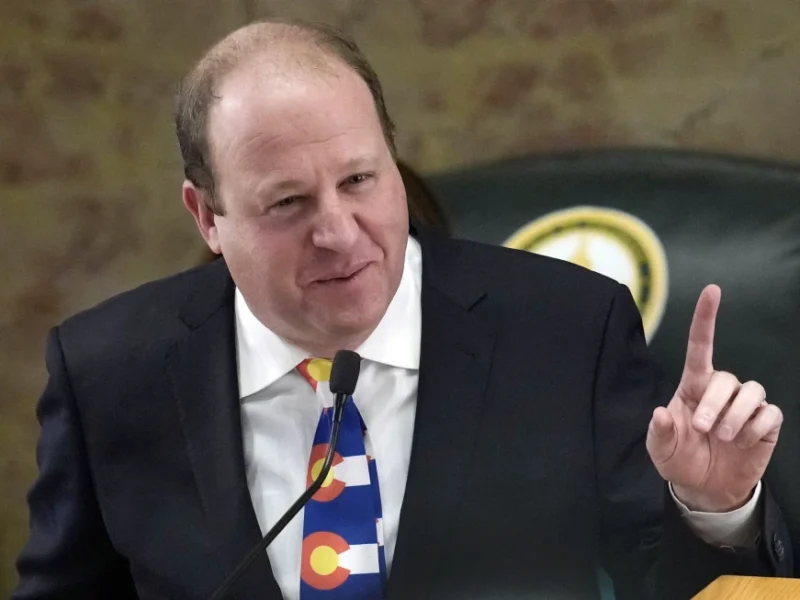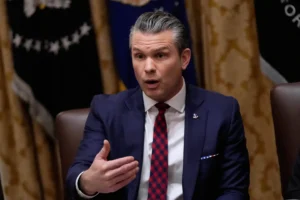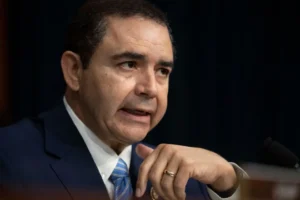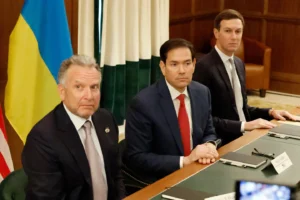Possibility of Ranked-Choice Voting in Colorado Faces a Hurdle with New Law
- Published In: Politics
- Last Updated: Jun 07, 2024

Colorado Gov. Jared Polis speaks in the House of Representatives chamber in the State Capitol, Jan. 17, 2023, in Denver. As a Colorado group gathers signatures to put a measure on the ballot installing ranked-choice voting in the state, Polis signed a bill Thursday, June 6, 2024, that would impose another hurdle for the new system if the measure is passed. (AP Photo/David Zalubowski, File)
BY JESSE BEDAYN
DENVER (AP) — As a Colorado group gathers signatures to put a measure on the ballot installing ranked-choice voting in the state, Gov. Jared Polis signed a bill Thursday that would impose another hurdle for the new system if the measure is passed.
If ranked voting makes the ballot in Colorado, the voters in the state would join those in Oregon, Alaska and Nevada who will decide on ranked voting in November. If the ballot measure passes, the new law signed by Polis will require that ranked voting be tested first at a municipal level before being used statewide, delaying implementation.
The group Colorado Voters First, which spearhead the campaign to get ranked voting on the November ballot, had decried the bill’s provision as an attempt to effectively halt ranked voting and asked the governor to veto the bill.
Polis tried to quell concerns after signing the legislation by saying that if the measure passes they will work quickly to install ranked voting statewide “as soon as practicable and certainly no later than the 2028 election.”
Curtis Hubbard, a spokesperson for the Colorado Voters First, said in a statement that they are disappointed but will continue to forge ahead “for the rights of any voter to vote in any election.”
The Colorado County Clerks Association said in a statement that if voters pass the ranked voting ballot initiative, implementation “can be done by 2028.”
Colorado Voters First’s initiative would open primary elections to all candidates. The top four would advance to a general election, where voters would rank candidates instead of choosing just one. Ranked voting lessens the power of the two major parties, and battles over its use have been driven in part by deep dissatisfaction with hyperpartisan politics.
Only two states use ranked voting, Maine for state primaries and federal elections and Alaska for state and federal general elections.
___
Bedayn is a corps member for the Associated Press/Report for America Statehouse News Initiative. Report for America is a nonprofit national service program that places journalists in local newsrooms to report on undercovered issues.













